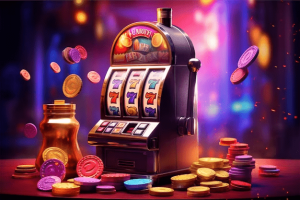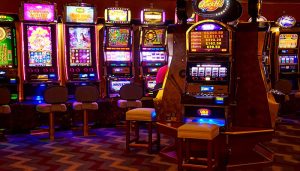
Slot machines, often seen as simple forms of entertainment in casinos and bars, have had a profound cultural impact on society since their inception in the late 19th century. These machines, with their flashing lights, engaging sounds, and the thrill of potential winnings, have evolved from simple mechanical devices to complex digital games, becoming a significant part of popular culture at https://slotinsiders.io/.
Evolution of Slot Machines in Popular Culture
The first slot machine, created by Charles Fey in 1895, was a mechanical marvel that laid the foundation for what would become a global phenomenon. Over time, slot machines have evolved, incorporating themes from movies, TV shows, and pop culture, making them more than just gambling devices. They have become a form of entertainment that appeals to a broad audience, reflecting societal trends and interests. For example, slot machines themed around popular movies demonstrate how these devices mirror the entertainment preferences of the time.
Slot Machines and Social Interaction
Slot machines at https://slotinsiders.io/also play a role in social interaction. In casinos, they are often placed in areas where people can congregate, share stories, and enjoy a sense of community. This social aspect of slot machines adds to their cultural significance, as they provide a space where people can connect over a shared experience. The accessibility of slot machines, especially with the advent of online casinos, has expanded this social interaction to a global scale, allowing people from different cultures to engage with one another through these games.

Economic and Psychological Impacts
Economically, slot machines have had a substantial impact. They are often the most profitable aspect of casinos, contributing significantly to the gambling industry’s revenue. This economic impact has led to the proliferation of casinos and gambling establishments, influencing urban development and tourism in various regions.
Psychologically, slot machines tap into human desires and instincts, particularly the thrill of chance and the hope of winning big. This has led to the phenomenon of “slot machine addiction,” where the psychological impact of these machines can have negative consequences on individuals and society. The cultural acceptance of slot machines and gambling, in general, has led to ongoing debates about their regulation and the balance between entertainment and potential harm.
From their evolution as mechanical devices to their role in modern digital entertainment, slot machines have become ingrained in society, reflecting cultural trends, influencing social interactions, and contributing to economic growth. However, their impact also raises important questions about the balance between entertainment and the potential for addiction, making them a subject of continued cultural significance.



